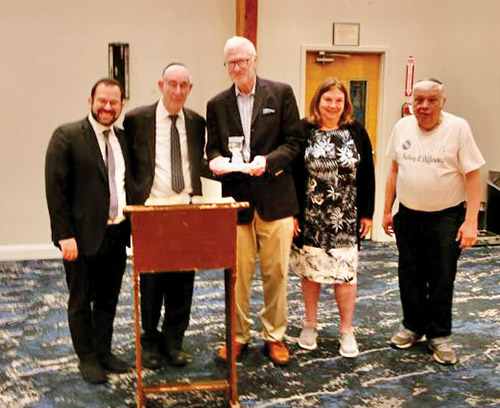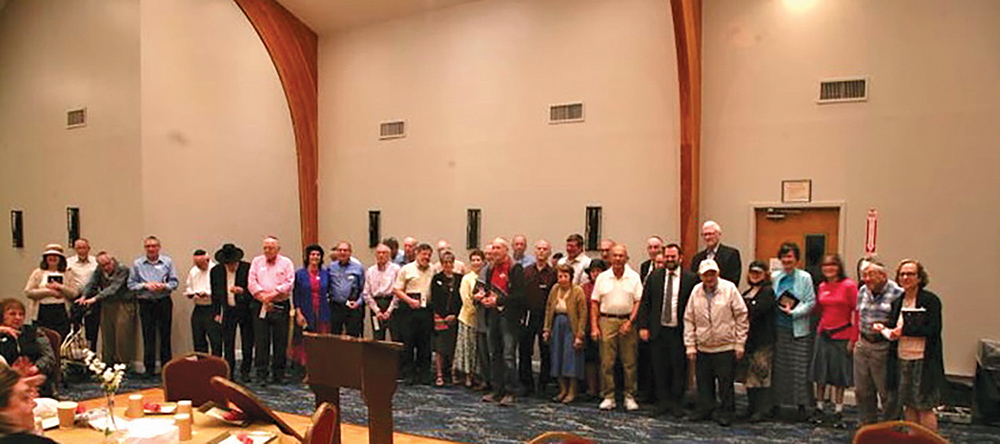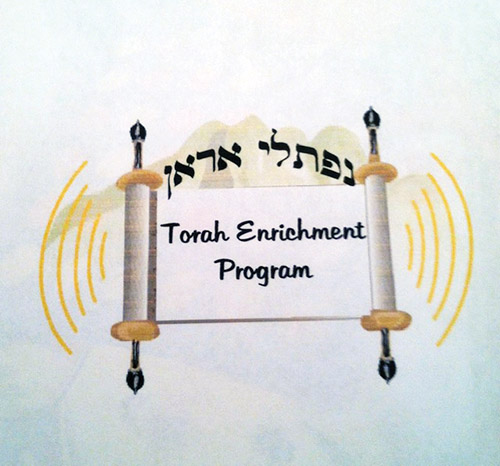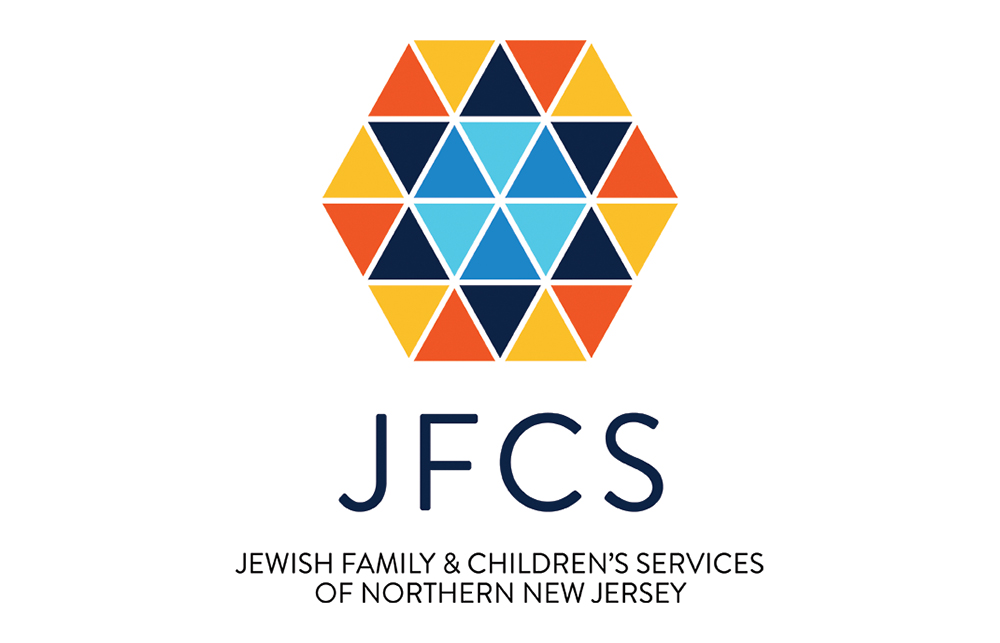
What began as a simple inquiry in 2006 has blossomed into a dynamic program steadily reaching new heights. The Naftali Aron Torah Enrichment Program (NATEP) was the brainchild of Mendy Aron of Shomrei Torah in Fair Lawn. He approached Rabbi Benjamin Yudin over 17 years ago about the possibility of starting a modest learning program after davening on Tuesday mornings. The rest, as they say, is history.
The program, appropriately branded “Torah Tuesday” by Rabbi Yudin in its initial iteration, was meant for retirees and anyone else, both men and women, who had both the time and the yearning for more learning.
By March of 2017 the program, no longer limited to Tuesdays, was rebranded as NATEP In honor of Aron’s late father. The genesis was that the Arons had been approached to be honorees at the annual shul dinner but declined. After some discussion they instead agreed to accept an award for growing the Torah Tuesday program, with the name change an opportunity to provide recognition to his father.
By mid-2019 NATEP had expanded to four days a week with the addition of Thursdays, Mondays and Wednesdays. With the advent of COVID in 2020, it went remote and added Fridays and Sundays to the mix. While the threat of COVID eventually subsided, the six-day remote learning program remained, with three live mornings available as well. Both Rabbi Yudin and Rabbi Andrew Markowitz handled the bulk of classes and longtime shul member and educator Rabbi Wallace Greene later joined the regular rotation.
Over the years, Aron, with an assist from his wife, Honny, found creative ways to take NATEP to higher levels. This took the form of special events each year. By Aron’s count, the number has approached 200 since the program’s inception. Primarily either entertaining or educational in nature, more often than not it would include a related dvar Torah, such as Rabbi Markowitz’s talk prior to a baseball game outing regarding who Barry Bond’s record-breaking home run ball belonged to halachically.

Ping pong tournaments, cooking contests, a “last man standing” competition against the only chess player in the world to have held both the Soviet and American championship titles, outings to Yankee and minor league baseball games, trips to the Jewish Museum in Philadelphia and the Jewish Chapel at West Point, virtual guided tours to historic sites, a visit to a special Holocaust exhibit in Manhattan, book signings and more all contributed to the richness of NATEP, as do annual breakfasts which honor a different program attendee each year. This year’s honoree, Jay Hirschhorn, showed his commitment by actually participating in the program remotely from his hospital bed following a heart transplant a few years ago. In recent years, two new monthly features were added: a Rosh Chodesh lunch-and-learn led by Dr. Zvi Fischer that has been meeting for over a year and birthday celebrations tied to the Hebrew birthday month of attendees.
The Jewish Link sat down with the Arons to get the back story on NATEP’s impressive run. First up was how it all began. Aron offered that he always knew he’d retire at age 55 and he wanted to make good use of his time by replicating a learning program he had witnessed at a shul in Staten Island. Rabbi Yudin was all for the idea with the condition that Aron first gain commitments from others to attend. Borrowing from the theme from the movie “Field of Dreams,” Aron decided to promote the concept as a package which would include breakfast with the thought, “If you feed them, they will come.” It worked, as a minyan of people showed up for the inaugural session. That concept has served the program well over the years. Both Aron and longtime attendee Milty Frank are famous for their homemade scrambled eggs — with and without onions and cheese.
When asked to choose the most meaningful events under the NATEP umbrella over the years, Aron cited two that have been close to his heart. The first, a veterans program labeled “November to Remember,” consisted of a video and live program focusing on the perspectives of both a concentration camp liberator and a survivor. Following the liberator’s lament that he wished he knew what became of one particular emaciated individual he had found and sent off to receive urgent care, hoping against hope over the many years he might receive a call from him and perhaps an acknowledgement, the survivor spontaneously rose and said, “I don’t know you but on behalf of all those who were liberated by American soldiers like you I would publicly like to thank you.”
The other memorable program was a tribute to the 20+ rabbis who had spent their formative years in Fair Lawn and had gone on to great heights within the rabbinate. Included was a powerful video featuring “then and now” photos. Of particular note were three who made their mark locally: Rabbis Larry Rothwachs, Shlomo Weissmann and Marc Penner.

The final question posed to Mendy touched a nerve. He was asked to share what NATEP has meant to him. His demeanor changed and he shifted from talkative to dead silent, tearing up and finally simply saying, “It’s difficult.” His reaction said it all. Honny then filled the void, speaking of how the program has perpetuated the memory of Mendy’s father, with Mendy commenting that some participants may not have necessarily been involved in a learning program, adding that to have his father’s name attached to it was very special. He then offered that his father had worked very hard his entire life and passed away at 55 — the same age as Aron when he started NATEP. Later, Honny disclosed that her husband’s motto has always been “Make a Difference,” with his t-shirts emblazoned with the phrase. The NATEP program has certainly lived up to that lofty goal. Anyone interested in attending can email tuesdaystorah@yahoo.com.
Robert Isler is a marketing researcher and freelance writer. He can be reached at robertisler23@gmail.com












